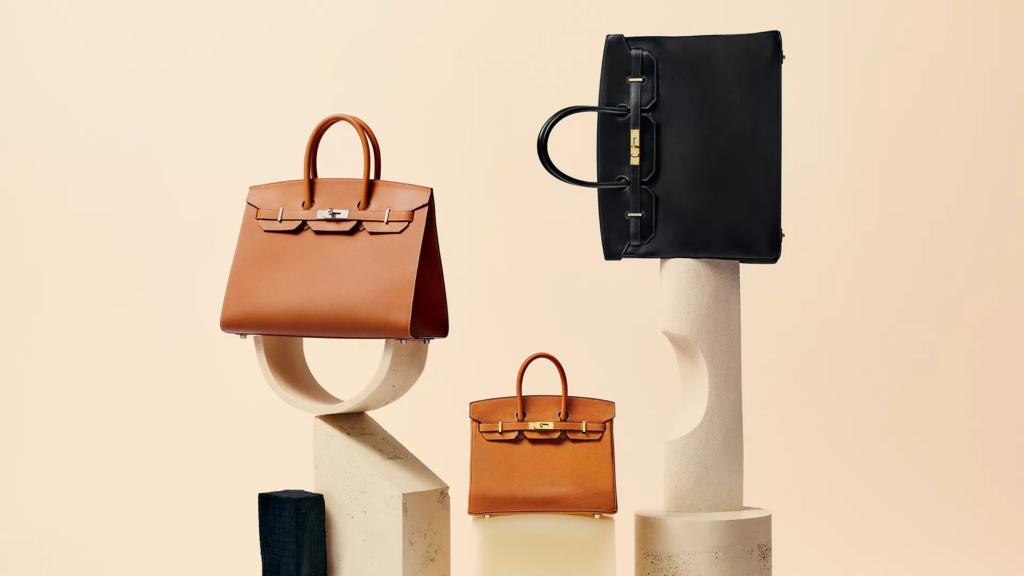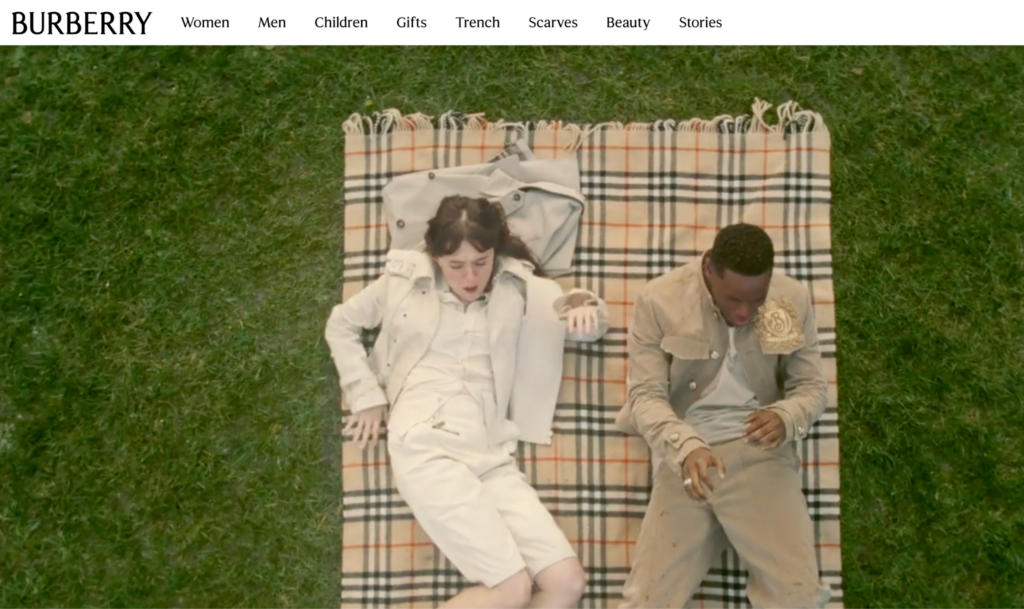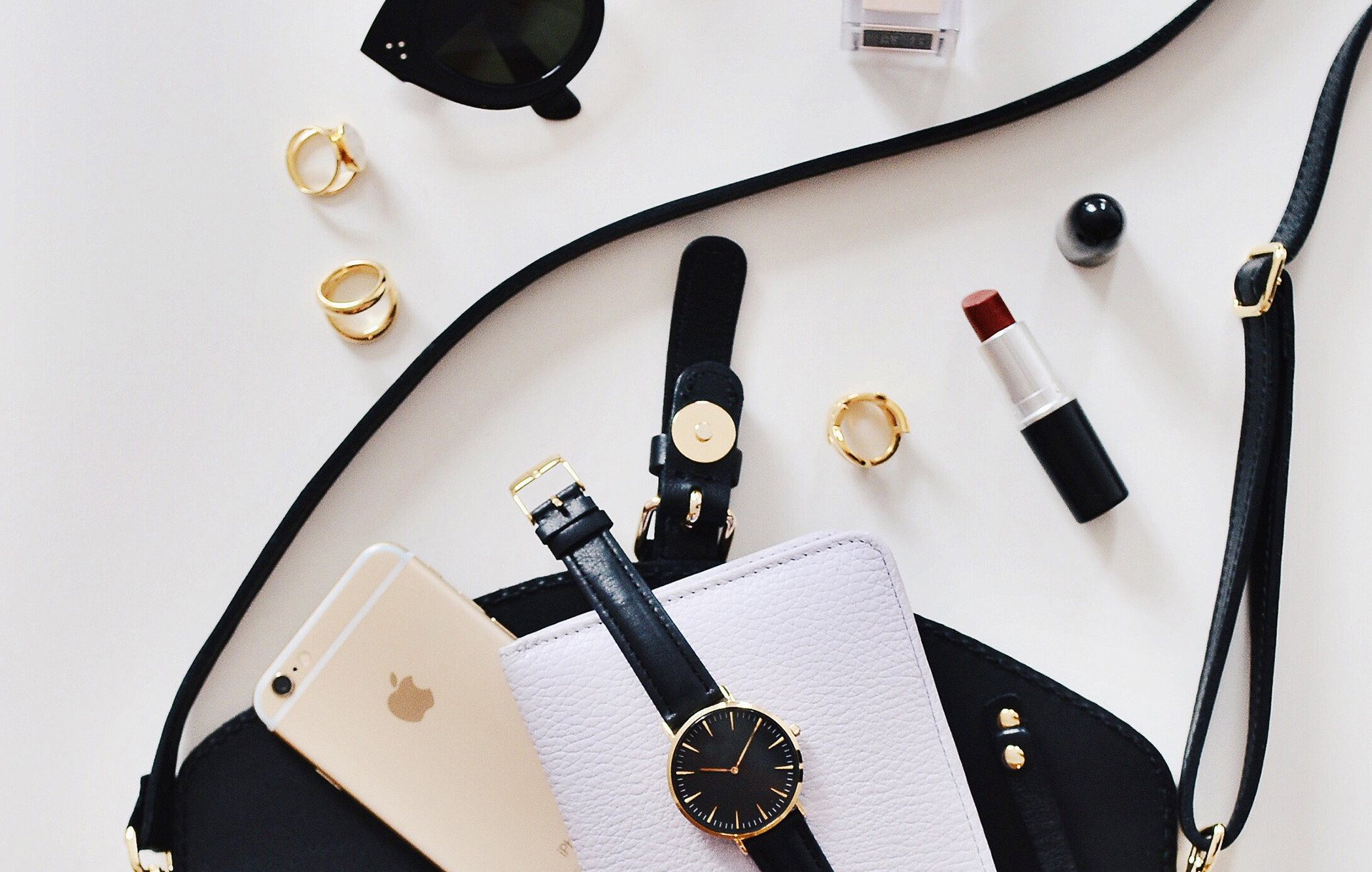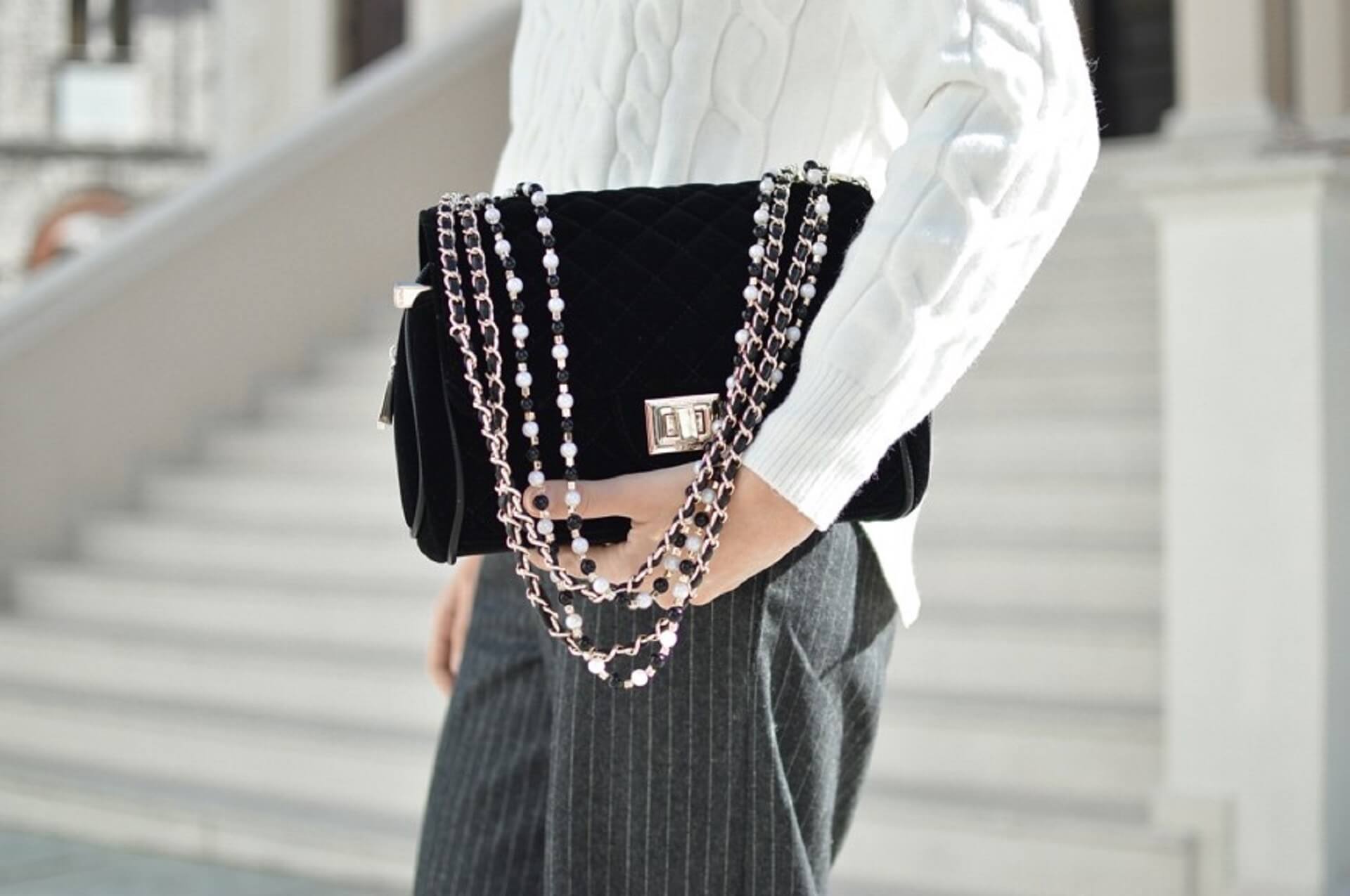Luxury Brand Psychology: Understanding the Mindset of High-End Consumers
Why do people spend thousands on a handbag when a much cheaper one serves the same purpose? What drives someone to wait months for a luxury watch or join exclusive member-only brand clubs?
The answer lies in luxury consumer psychology – the study of how emotions, desires, and perceptions shape the buying behaviours of high-end consumers.
For luxury brands, understanding this psychology is essential. High-net-worth individuals aren’t just buying products; they’re investing in experiences, status, and emotions.
In an increasingly competitive market, where there seems to be an endless number of choices, brands that tap into the deeper motivations of luxury buyers can build stronger connections, foster loyalty, and command premium prices.
What Sets Luxury Consumers Apart?
What makes someone choose a £5,000 handbag over a perfectly functional £200 one?
Why do high-end consumers wait for limited-edition drops or join exclusive brand memberships?
Luxury buyers aren’t just shopping; they’re making statements, fulfilling desires, and seeking experiences that go beyond mere functionality.
Defining the Luxury Consumer
Luxury consumers are individuals who prioritise quality, craftsmanship, exclusivity, and status in their purchasing decisions. But it’s not just about wealth. While affluence grants access, the true luxury buyer seeks more. They want intangible benefits like prestige, emotional fulfilment, and personal expression.
Affluent consumers are often…
- Experience-driven – They value the story, heritage, and craftsmanship behind a product.
- Status-conscious – Purchases reflect their identity and social standing.
- Emotionally motivated – Buying luxury often satisfies emotional desires rather than practical needs.
- Quality-focused – Superior materials and attention to detail aren’t optional—they’re expected.
- Exclusivity seekers – Limited availability heightens the allure, making them feel part of an elite circle.
What Drives Their Purchasing Decisions?
Luxury purchases aren’t random. High-end consumers make deliberate choices influenced by several key factors.
Ask yourself:
How does owning this item make the consumer feel? Emotional connection plays a massive role.
What social message does the purchase send? For many, it’s about signalling success.
Does the brand’s story resonate with personal values? Heritage, sustainability, or innovation can be strong pull factors.
Is the experience seamless and personalised? Luxury buyers expect tailored service that makes them feel valued.
How exclusive is the product or service? The rarer it is, the stronger the desire.
Consider the concept of FOMO in luxury – fear of missing out on limited-edition releases or exclusive events drives urgency and desire. Luxury brands use this psychological trigger to perfection, making products feel like must-haves rather than optional purchases.
What Example is More Famous Than the Birkin Bag?
When Hermès launches a new Birkin bag collection, it’s not just about the product. It’s about the exclusivity surrounding it.
Long waiting lists, limited production, and selective availability create an allure that’s irresistible to high-end consumers seeking status and rarity.

Image Credit: Hermes
Understanding what sets luxury consumers apart is about tapping into their deeper motivations. In the next section, we’ll explore the key psychological drivers behind these luxury purchases and how brands can harness them effectively.
Key Psychological Drivers Behind Luxury Purchases
Luxury purchases are deeply rooted in human psychology. Affluent consumers buy with their hearts as much as their wallets, driven by emotions, desires, and the need for self-expression.
Let’s explore the key psychological triggers that influence high-end consumer behaviour…
1. Emotional Appeal – It’s Not Just a Purchase, It’s a Feeling
Luxury purchases often stem from emotional needs rather than practical ones.
Consumers are drawn to how a brand or product makes them feel – powerful, sophisticated, successful…
This emotional appeal in luxury marketing taps into personal desires for recognition, comfort, and indulgence.
Why does this work?
Emotional connections create lasting memories. When someone buys a high-end watch, they’re not just checking the time; they’re celebrating an achievement or marking a special moment.
Brands like Rolex and Cartier excel in making their products symbols of success, not just accessories.
2. The Power of Exclusivity and FOMO
Exclusivity is the foundation for many luxury brands. Why? Because people crave what they can’t easily have. Exclusivity in luxury drives desire, making consumers feel part of an elite group.
Here’s how brands leverage this.
- Limited Editions – Scarcity creates urgency and increases perceived value.
- Private Events & VIP Access – Offering experiences reserved for select customers reinforces brand prestige.
- Invitation-Only Collections – Consumers feel honoured to be chosen, enhancing loyalty.
- Waitlists – Anticipation builds excitement. People are willing to wait months for luxury items.
- Personalised Services – Tailoring experiences makes customers feel valued and special.
Take Louis Vuitton for example. Their exclusive pop-up events attract high-end consumers eager to experience something others can’t, tapping directly into FOMO in luxury marketing.
3. Social Status and Self-Expression
Ask yourself: What does owning a luxury product say about someone?
For many high-end consumers, luxury purchases are a way to project status, success, and personal taste.
Items become symbols. Wearing a luxury watch or driving an exclusive car sends a message about lifestyle and achievement.
But it’s not just about impressing others. Luxury goods also serve as tools for self-expression.
Consumers choose brands that reflect their identity, values, or aspirations. For instance, someone might favour a sustainable luxury brand to showcase environmental consciousness while enjoying premium quality.
4. The Role of Heritage and Brand Storytelling
Luxury consumers are drawn to brands with rich histories and compelling narratives. A product’s story can be just as valuable as the product itself.
Luxury marketing strategies often highlight craftsmanship, legacy, and timelessness to appeal to this psychological driver.
What makes brand storytelling effective?
Heritage
Long-standing brands like Hermès and Chanel leverage decades of craftsmanship and history.
Authenticity
Consumers seek brands that stay true to their roots.
Innovation meets tradition
Combining modern innovation with traditional techniques resonates with affluent buyers.
A good example is Burberry. Burberry revitalised its brand by blending British heritage with contemporary fashion, attracting both long-time fans and new luxury consumers.

Image Credit: Burberry
5. The Desire for Reward and Achievement
Many luxury purchases are linked to milestones or self-rewards. Affluent consumers often see buying high-end products as a celebration of their success. This aligns with emotional buying decisions, where the product represents personal accomplishment.
Why this matters:
- Buying a luxury car after a promotion symbolises hard work paying off.
- Gifting oneself a designer item after a major life event reinforces positive emotions.
- Brands that position products as “rewards” tap into this psychological motivator effectively.
TAG Heuer positions its watches as symbols of achievement, appealing to consumers looking to mark personal milestones.
Crafting a Luxury Brand Strategy Based on Consumer Psychology
Understanding the psychology behind luxury purchases is one thing; leveraging it to shape effective strategies is another.
High-end consumers aren’t swayed by standard marketing tactics. They expect sophistication, personalisation, and experiences that resonate with their aspirations and emotions.
To engage this audience effectively, luxury brands must align their messaging, products, and services with the psychological drivers explored earlier.
Below are expert strategies tailored to affluent consumers’ mindsets.
1. Implement Luxury Brand Exclusivity Strategies
Exclusivity is the heartbeat of luxury marketing. To truly resonate with affluent buyers, brands need to go beyond offering premium products – they must create a sense of scarcity and privilege with luxury brand exclusivity strategies.
How can you do this?
Limited-edition collections, members-only clubs, and invitation-only events cultivate a sense of belonging to an elite circle.
For example, Rolex maintains its prestige by controlling the supply of certain watch models, creating long waiting lists that fuel anticipation and exclusivity. This scarcity strategy ensures that demand remains high, reinforcing the brand’s image as a symbol of status and success.
Offering tailored experiences, like personalised shopping appointments or private viewings, further enhances exclusivity, making customers feel valued and special.
2. Build Emotional Connections Through Storytelling
A powerful storytelling content strategy transforms a product into an experience.
Luxury consumers want meaning, heritage, and authenticity.
Here’s how brands can connect emotionally.
- Highlight craftsmanship – Showcase the meticulous processes behind each product.
- Share brand heritage – Emphasise legacy, tradition, and milestones.
- Feature customer stories – Let loyal clients share how products enrich their lives.
- Incorporate values – Align with causes affluent consumers care about, like sustainability.
- Create immersive campaigns – Use video and interactive media to tell compelling stories.
3. Personalisation Beyond the Product
Ask yourself: How can your brand make customers feel truly understood? High-end consumers crave experiences tailored to their preferences.
This goes beyond monogramming or custom colours. Personalisation should extend to communication, service, and even product development.
Consider offering private consultations, creating digital experiences that adapt to customer preferences, or curating exclusive product recommendations based on previous purchases.
4. Create Experiences, Not Just Transactions
Affluent consumers value experiences as much as—if not more than—the products themselves. Brands that provide memorable moments strengthen emotional bonds and encourage repeat purchases.
Ways to craft luxury experiences:
- Exclusive events – Host private galas, fashion previews, or VIP dinners.
- Immersive retail environments – Design flagship stores that engage the senses.
- Digital luxury experiences – Virtual consultations or AR try-ons can replicate in-store exclusivity online.
- Personalised after-sales service – Following up with clients post-purchase reinforces loyalty.
5. Leverage Fear of Missing Out (FOMO) and Social Proof
No one likes to feel left out, especially affluent consumers who pride themselves on being ahead of trends. FOMO in luxury is a powerful motivator, driving urgency through limited-time offers and exclusive releases.
Create hype through strategic scarcity and invite-only product launches. Complement this with social proof, i.e. endorsements from celebrities or industry influencers. Seeing a favourite actor or respected figure using a product reinforces its desirability and prestige.
For example, when Gucci collaborates with high-profile artists, like Harry Styles and Florence Welch, limited collections sell out rapidly, not just because of design but because buyers fear missing out on owning a piece of cultural relevance.
Crafting a successful luxury brand strategy is about deeply understanding what drives high-end consumers and delivering experiences that resonate emotionally and psychologically.
Unlocking the Mind of the Luxury Consumer
Understanding luxury consumer psychology is the foundation of building lasting relationships with high-end customers. These consumers aren’t motivated by price tags or functionality alone. They seek emotional fulfilment, exclusivity, and experiences that reflect their identity and aspirations.
Key Takeaways
- Emotions drive luxury purchases – Buyers invest in how products make them feel, from pride to nostalgia.
- Exclusivity and scarcity increase desire – Limited editions and invitation-only experiences amplify product appeal.
- Personalisation is non-negotiable – High-end consumers expect tailored experiences that cater to their unique preferences.
- Brand heritage and storytelling matter – Consumers connect with brands that share authentic stories and legacies.
- FOMO and social proof fuel purchasing decisions – Limited-time offers and influencer endorsements strengthen brand desirability.
Luxury brands that align with these psychological drivers can cultivate deeper customer loyalty, increase lifetime value, and maintain a prestigious market position.
At Appnova, we specialise in helping brands craft compelling narratives, design exclusive experiences, and implement luxury brand exclusivity strategies that resonate with high-end consumers.
Ready to elevate your luxury brand’s strategy? Partner with a trusted Branding Agency for Luxury Brands like us to create experiences your audience will never forget. Let’s make your brand unforgettable.
Subscribe To Us
Contributors
Categories
Subscribe To Us
Contributors
Categories

This website uses cookies so that we can provide you with the best user experience possible. Cookie information is stored in your browser and performs functions such as recognising you when you return to our website and helping our team to understand which sections of the website you find most interesting and useful. Third party cookies such as Google Analytics is also used on this site to provide analytics in order to better understand the user engagement on our site.
You can adjust all of your cookie settings by navigating the tabs on the left hand side.
Strictly Necessary Cookie should be enabled at all times so that we can save your preferences for cookie settings.
If you disable this cookie, we will not be able to save your preferences. This means that every time you visit this website you will need to enable or disable cookies again.





0.Comments